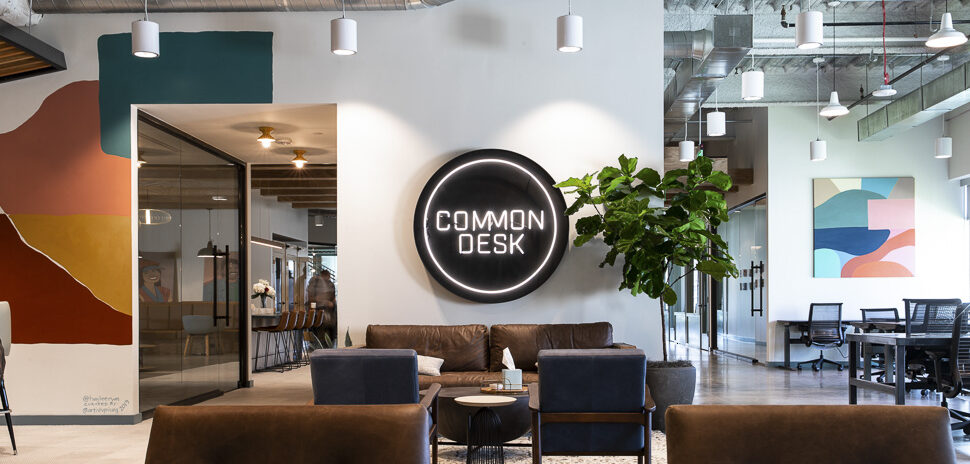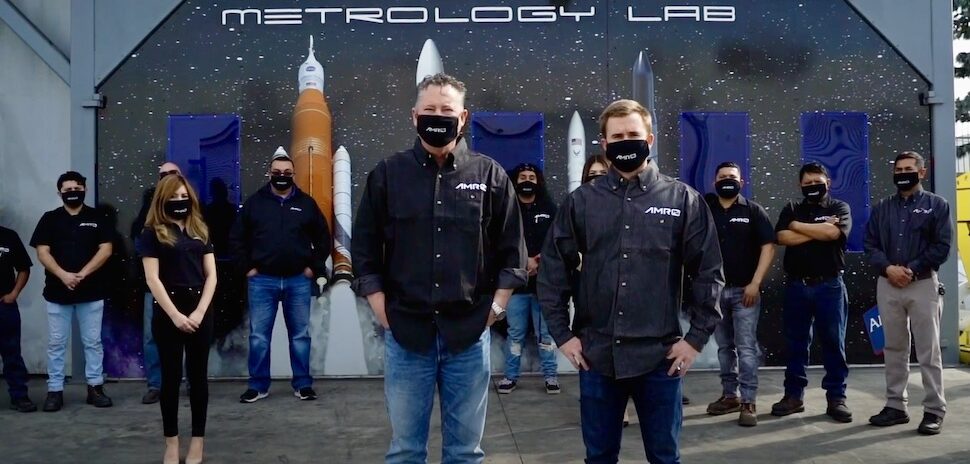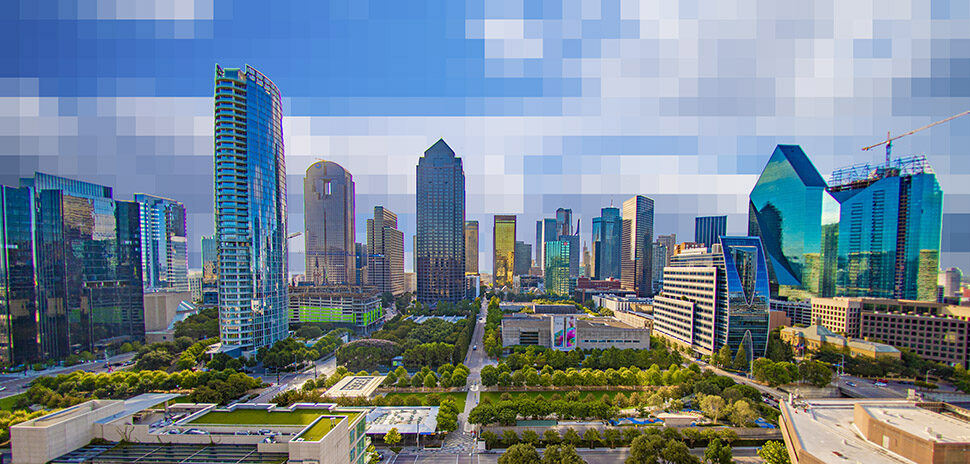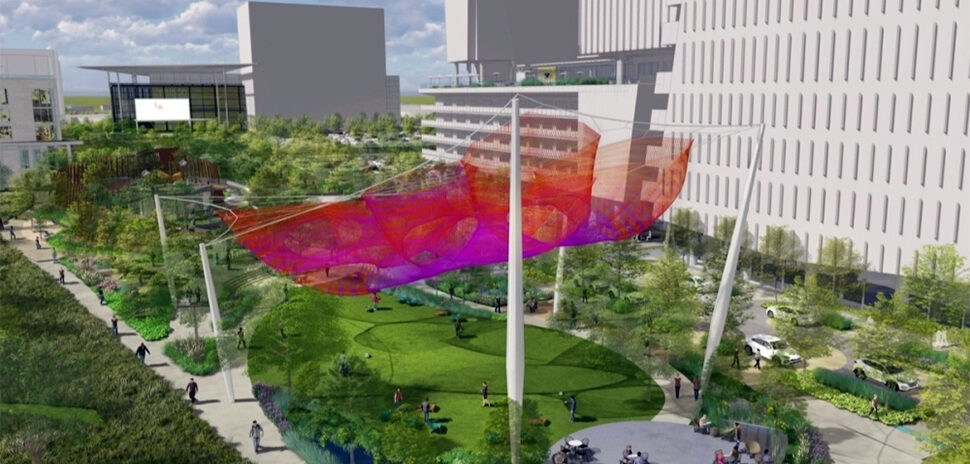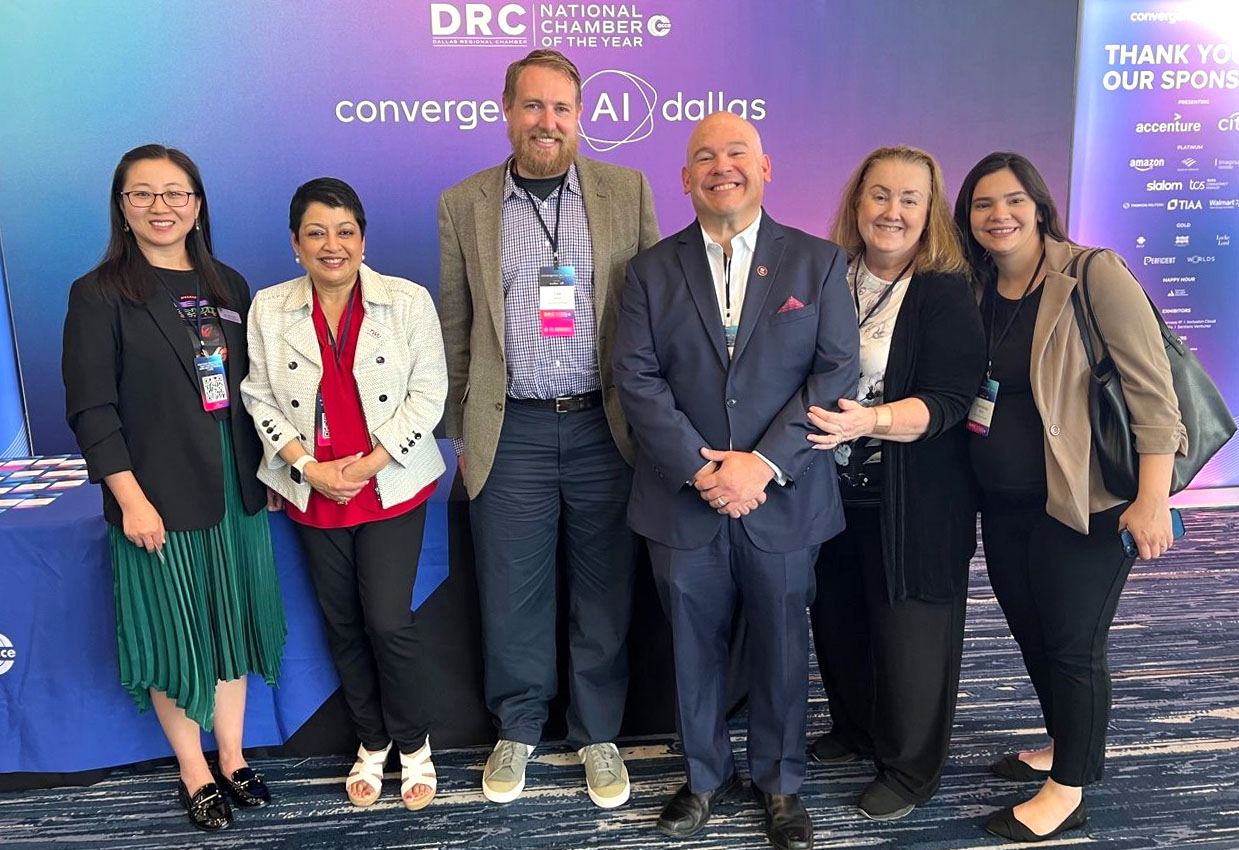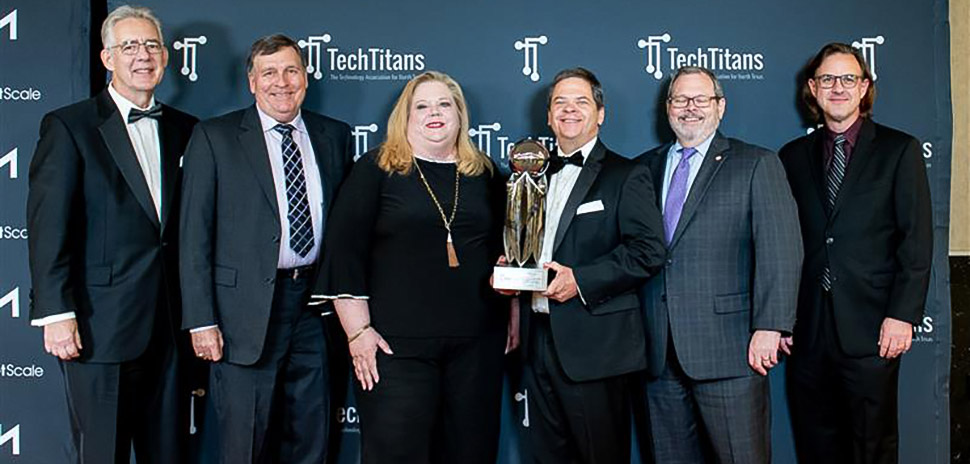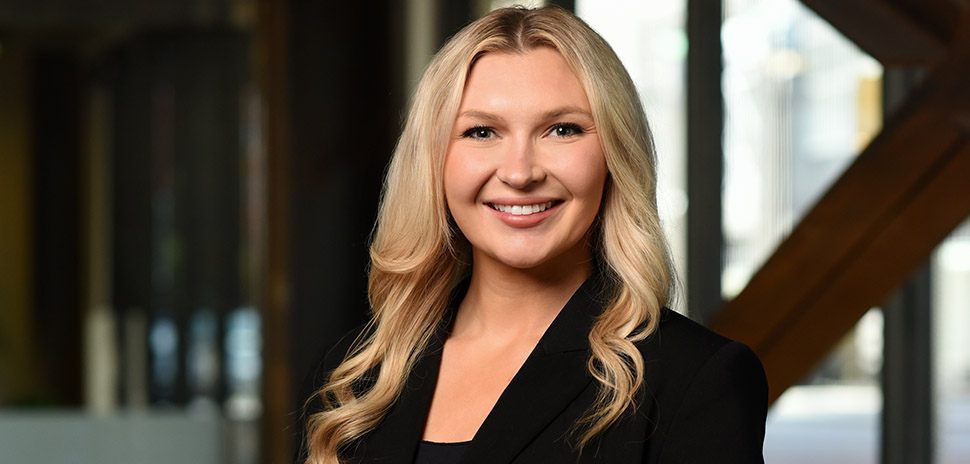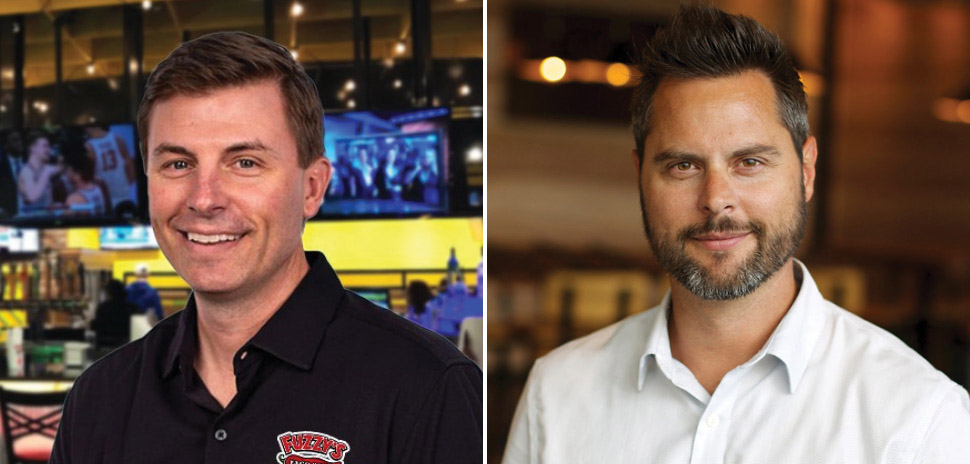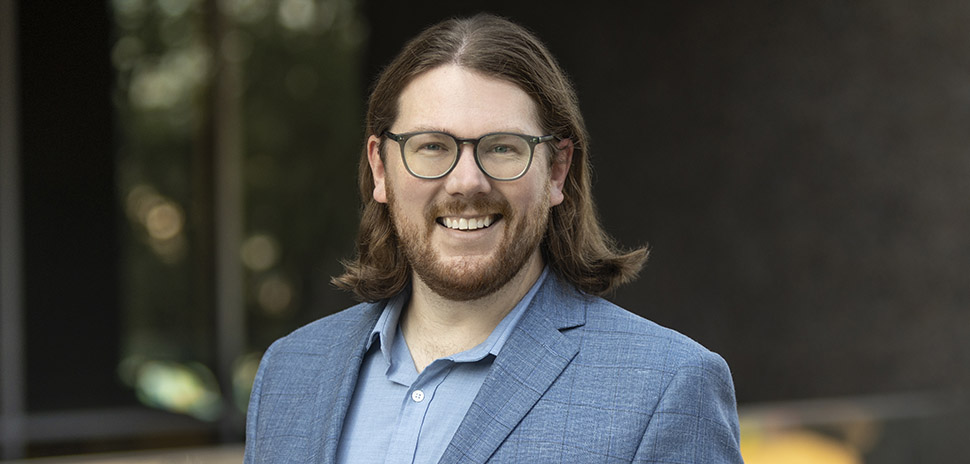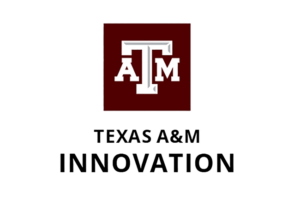After more than 20 years in the coworking space, WorkSuites is making its first move outside of Texas.
The Dallas-based company plans to open up two new coworking facilities in the Atlanta area, as founder and CEO Flip Howard says the company sees increased demand from businesses big and small. WorkSuites is also eyeing expansions to other locations, he says.
“Everybody knows that the future of office is flex,” Howard told Dallas Innovates. “Every (location) that we’ve opened has filled up faster than they used to.”
Outward expansion

Flip Howard, founder and CEO of WorkSuites. [Photo: WorkSuites]
The new locations—in Alpharetta and Atlanta, respectively—add to the 21 locations WorkSuites currently operates in the North Texas and Houston areas. They will bring on nearly 53,000 square feet of space to the company’s portfolio. The Alpharetta location is expected to open this year, with the Atlanta location opening its doors in early 2023. WorkSuites says it expect to add two other spaces in the Atlanta region by the end of next year.
Like other WorkSuites facilities, the new spaces will focus on a mix of traditional flex space, in addition to executive suites—a combination that Howard says is underserved, since many other operators in the industry focus on one or the other.
“There’s a slice of the customer base that likes the old-school hallway of doors, and there’s a slice of the customer base that likes foosball tables and beanbags,” Howard said. “We’re really halfway in the middle, and there’s not much competition in that particular niche.”
‘The market indicators are good for what we do’
Howard also said the company is in the process of identifying locations for new spaces in the Phoenix area. He added that, like the new WorkSuites spaces in the Atlanta area and the ones it has in Texas, the facilities in the Phoenix region will be located on the outskirts of the downtown core or in the surrounding suburbs. That’s where Howard says the company has been seeing increased demand from smaller startup companies and freelancers to large businesses due to the increase in gig work and the demand for more hybrid working arrangements driven by the pandemic.
“Everything was going to flex anyway. Then the whole hybrid and remote work and people not wanting to do commutes has just really accelerated this kind of work-from-anywhere flexible space,” Howard said. “All of the market indicators are good for what we do.”
Dallas Innovates talked with Howard about how the coworking industry has changed in the past two decades and the future of the space. Here are edited excerpts of our conversation.
Overall, what’s the biggest change you’ve seen in coworking since WorkSuites started?
We’ve seen sort of a pendulum swing. Office space used to be really functional and boring. A pendulum swung to ‘forget about the business side and just create an amazing experience.’ Now pretty much everybody’s settling somewhere in the middle, trying to keep one eye on the (profit and loss) and also keep an eye on creating amazing experience, and having a balanced product that does both. All of the coworking spaces that are thriving right now are really getting better at doing those two things. That’s sustainable.
What trends are going to shape the industry in the future?
As it grows and it gets more known, more mature, and more popular, you’ll start to see a really wide variety of styles. It will be kind of like with restaurants. It used to be there were only white tablecloth places and some fast food drive-thrus. Now, there’s this whole spectrum in between. That’s happening with flex space as well. You won’t have to say, ‘Hey, there’s a there’s a flex space provider near me, so I’m just going to go with that one.’ In a few years, if you live in almost any suburb, you’ll have six choices and there will be six differentiated styles. You’ll get to pick the one that suits you the best and that’s a win for the customer. You have to decide what your look, feel, and bite is and then just be there for the people that prefer that.
Where do you see demand coming from?
I think there’s going to be a flex provider in almost every building. We are about 40% corporate business—we define that as where the headquarters is somewhere else that pays the checks—and 60% of our clients, the person that writes the check offices there. We’re different from the national brands. Most are 80% to 90% corporate business. We’re seeing more demand from both about equally. You’re seeing a lot more corporate users willing to pay for coworking space for someone who lives in a suburb, but the corporate offices are downtown. Then, on the individual side, there are just a lot more freelancers and the gig economy is growing. That increases the customer base on the corporate side and the entrepreneur side.
![]()
Get on the list.
Dallas Innovates, every day.
Sign up to keep your eye on what’s new and next in Dallas-Fort Worth, every day.











